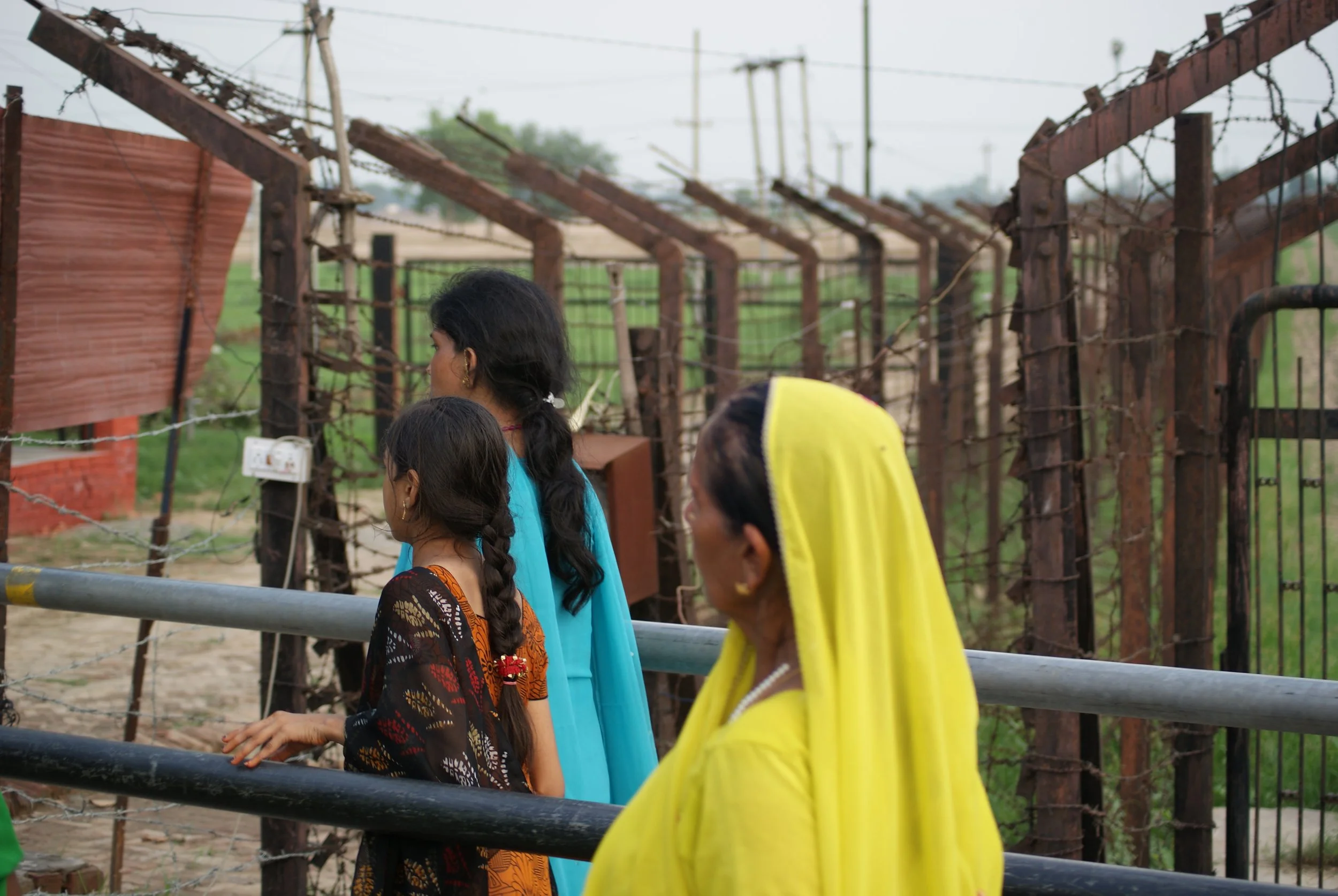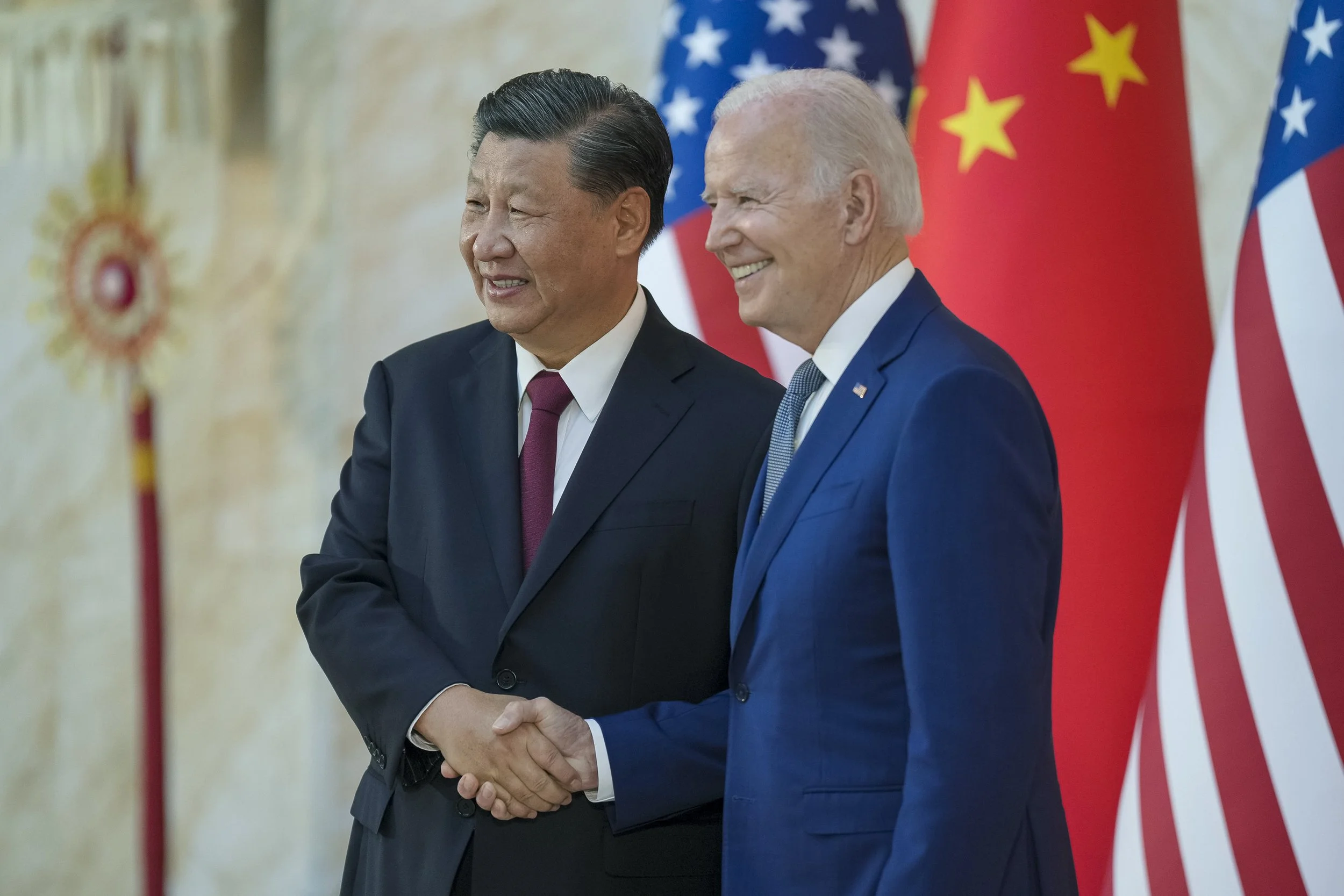As we say farewell to an incredibly rewarding year and look forward to taking a brief but well-deserved break, 9DASHLINE’s leadership — David MacSweeney, Dr Manali Kumar, and Dr Zsuzsa Anna Ferenczy — answer some frequently asked questions about our goals and hopes for the platform in 2023.
Read MoreWritten by Alexander Trauth-Goik and Pierre Sel
Authorities have prioritised unification rather than clarification, resulting in a jumbled document that leaves many questions unanswered.
Read MoreWritten by Jay L Batongbacal
While China’s accomplishments as a new space power are truly impressive, its emerging record for safety and responsibility leaves very much to be desired.
Read MoreWritten by Asad Ejaz Butt
While Pakistan does not have any alternate short-term options other than returning to the IMF, it can consider structural reforms, like targeted subsidies and rationalisation of current expenditure through fiscal prudence and better management of state resources.
Read MoreWritten by Kyoko Hatakeyama
Moreover, since Japan has maintained a stable relationship with China — despite their territorial disputes — the region does not have to worry about backlash or anger from China just because they choose Japan over China.
Read MoreWritten by Deep Pal
For locals as well as security agencies, the current ceasefire, without resolving underlying issues, is temporary at best. This is evident in the fact that in over 18 months without CFVs, permanent security structures along the border have not been dismantled.
Read MoreWe recently had the pleasure of speaking with Salvador Santino Fulo Regilme Jr. about his latest book, Aid Imperium: United States Foreign Policy and Human Rights in Post-Cold War Southeast Asia.
Read MoreWritten by Taylah Bland
If the world’s two rivalling superpowers can cooperate on climate change, the rest of the world has no excuse but to join in the effort.
Read MoreWritten by Ridvan Kilic
Ultimately, in order to secure its maritime boundary in the North Natuna Sea, Indonesia needs the support of like-minded strategic partners from the Quad more than ever.
Read MoreWritten by Sankaran Krishna and Aditi Malhotra
If the other members of the Quad harden their stance against the Chinese, India will find it increasingly difficult to continue its balancing act of being part of a group hostile to the very country on which its own economic survival depends.
Read MoreWritten by Chris Deacon
Almost eight decades after the end of the Second World War, the legacy of Japan’s military expansionism and colonial rule across the Pacific continues to haunt its contemporary international politics, particularly within Northeast Asia.
Read MoreWritten by Sabrina Moles
Tensions in the South China Sea are creating a dangerous, competitive pattern in the relations among the countries involved. Sovereignty claims, together with the urgent demand for food, energy resources, and profits are all defining a set of priorities that are increasingly disregarding environmental damage.
Read MoreWritten by Nguyen Le
Miscalculated interventions from the government as in the case of BTS weaken South Korean soft power, social cohesion, and — even worse — personal rights (by instrumentalising humans as public diplomacy tools).
Read MoreWritten by Melissa Conley Tyler
Australia’s export industries will hope to see progress in the coming months. Because the trade restrictions were not formalised, they are easy and quick to reverse — if there is the political will to do so.
Read MoreWritten by Michael J. Mazarr
The US-China relationship is not accurately captured as a power transition, but it is a clash of an often self-righteous leading power and a dissatisfied challenger. That recipe is one of the most combustible in world politics.
Read MoreWritten by Rafael Loss and Elisabeth I-Mi Suh
Adopting a rather transactional take and framing the Bundeswehr’s regional engagement in the context of Washington’s focus on China is not wrong, but it is short-sighted.
Read MoreWritten by Cameron Campbell
Policies should instead focus on adaptations to realise fully the potential of the existing labour force and alter the environment to facilitate healthy and independent living for the elderly.
Read More
















